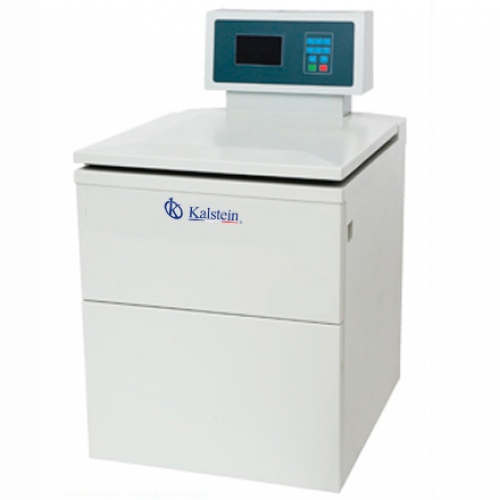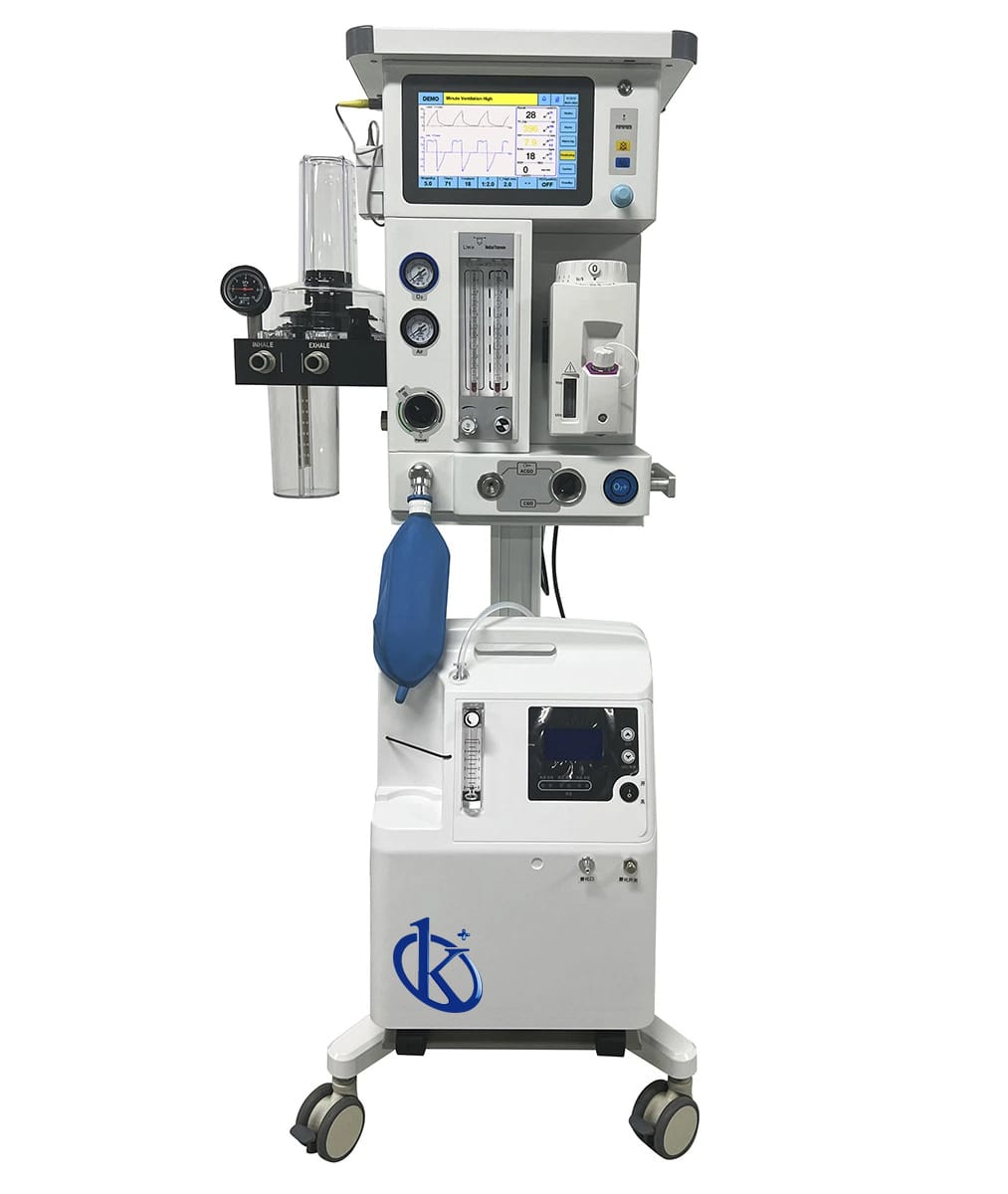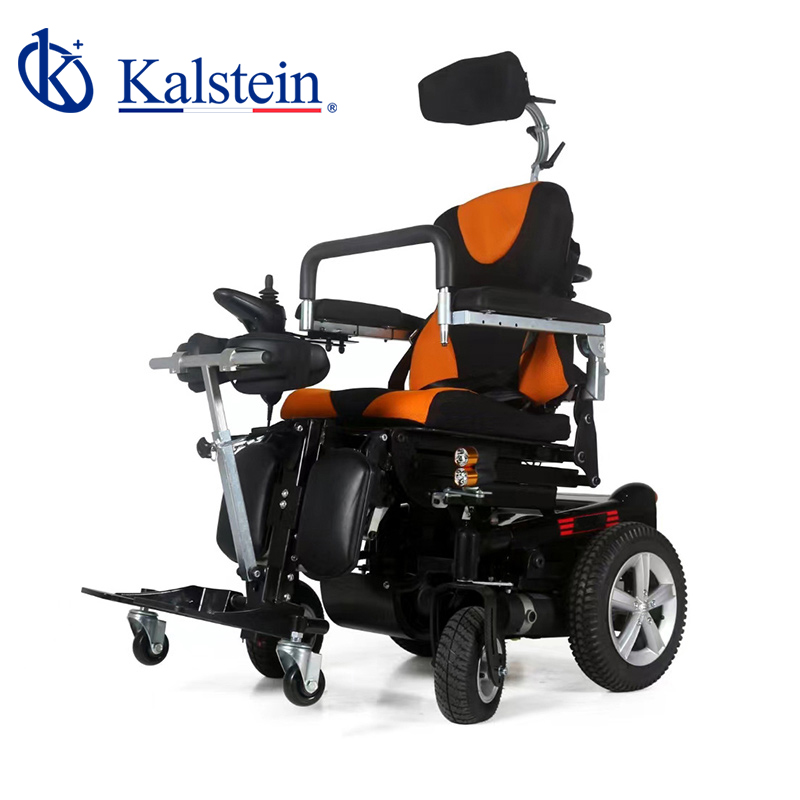As a veterinarian, I know how crucial it is to have precise and non-invasive tools for ocular diagnosis in our pets. The veterinary rebound tonometer is one of those indispensable tools in our daily practice. I have had the opportunity to try different models, and undoubtedly, rebound tonometers stand out for their accuracy and ease of use.
These devices are specifically designed to measure intraocular pressure in animals quickly and without causing them stress. Their rebound technology, which uses a small probe that gently bounces off the surface of the eye, allows for reliable results without the need for anesthesia or sedation. This feature is essential as it minimizes the risk of complications and allows the exam to be conducted in a more relaxed environment for our pets.
Features of the Veterinary Rebound Tonometer
Veterinary rebound tonometers are distinguished by several features that make them unique and highly recommended. First and foremost is their accuracy. These devices provide extremely precise results, which is vital for correct diagnosis and appropriate treatment. Additionally, they are portable and easy to handle, making them convenient for use both in the clinic and in the field.
Another important feature is their speed. Rebound tonometers can take measurements in a matter of seconds, reducing the stress time for the animal and allowing the veterinarian to obtain immediate results. Moreover, many models come with easy-to-read digital displays and data storage options, facilitating the monitoring of the ocular condition of patients over time.
Why Does the Veterinary Rebound Tonometer Have This Price?
The price of veterinary rebound tonometers may seem high at first glance, but it’s important to understand the factors that influence their cost. Firstly, the advanced technology used in these devices ensures precise and non-invasive measurements, which is crucial for the ocular health of our pets. This precision and the quality of the materials used in their manufacture account for a significant portion of the price.
Additionally, rebound tonometers often include additional features such as digital displays, data storage options, and rechargeable batteries, which add value and functionality to the product. Durability and long-term reliability are also factors that influence the price, as these devices are designed to withstand frequent use in clinical settings.
Compare the Veterinary Rebound Tonometer with Similar Products
When comparing the veterinary rebound tonometer with other similar products, we can clearly see the advantages of opting for this technology. For example, when compared to Reichert’s Tono-Vera Vet, both devices offer measurement accuracy, but the rebound tonometer stands out for its ease of use and speed in obtaining results. Additionally, the rebound tonometer does not require the use of anesthetic drops, making it less invasive and more comfortable for pets.
Compared to ECD Veterinaria’s TonoVet Plus, the rebound tonometer offers a more user-friendly experience and superior portability. While the TonoVet Plus also provides accurate results, its design can be more complex to handle in emergency situations or in the field. Finally, the Icare TonoVet Plus from AJL is also a viable option, but its price is significantly higher, which may not justify the additional investment considering that the rebound tonometer offers comparable features at a lower cost.
Pros and Cons of Veterinary Rebound Tonometers
|
Pros |
Cons |
|
1. Extremely precise results |
1. High initial cost |
|
2. Does not require anesthesia or sedation |
2. Requires periodic calibration |
|
3. Quick and non-invasive procedure |
3. Needs regular maintenance |
|
4. Easy to use and portable |
4. Can be fragile if not handled carefully |
|
5. Easy-to-read digital displays |
5. Some models may have an initial learning curve |
|
6. Data storage for long-term monitoring |
6. Dependence on rechargeable batteries |
|
7. Ergonomic and lightweight design |
|
|
8. Reduced risk of complications for the animal |
Advantages of These Veterinary Rebound Tonometers
The advantages of veterinary rebound tonometers are numerous and significant. First and foremost, the accuracy of these devices ensures that we are obtaining reliable data for the diagnosis and treatment of our pets. This precision is crucial for detecting conditions such as glaucoma in time and starting appropriate treatment without delay.
Additionally, the ease of use and portability of these tonometers allow veterinarians to take measurements anywhere, whether in the clinic, in the field, or during home visits. This is especially useful in emergency situations where time is a critical factor. The ability to obtain quick and accurate results in any setting is a great advantage for veterinary care.
Another important advantage is the comfort and safety for pets. By not requiring anesthesia or sedation, rebound tonometers reduce stress and the risk of complications during the exam. This not only improves the experience for the animal but also facilitates the veterinarian’s work, allowing for a more efficient and less invasive diagnosis.
Other Benefits of These Veterinary Rebound Tonometers
In addition to the mentioned advantages, veterinary rebound tonometers offer other benefits that make them an ideal choice for any veterinary practice. For example, many models come with data storage options, allowing for detailed tracking of measurements over time. This is especially useful for monitoring the progress of an ocular disease and adjusting treatment as necessary.
The durability and long-term reliability of these devices are also notable aspects. Rebound tonometers are designed to withstand frequent and rigorous use in clinical settings, ensuring that veterinarians can rely on them for years. Additionally, the availability of spare parts and technical support ensures that any issues can be quickly resolved, minimizing downtime and ensuring continuous operation.
Learn About Opinions on Veterinary Rebound Tonometers
Opinions on veterinary rebound tonometers are mostly positive, reflecting veterinarians’ satisfaction with these devices. Many professionals highlight accuracy and ease of use as the main strengths. The ability to obtain quick and reliable results without the need for anesthesia is a significant advantage that has improved the quality of ocular care they can offer their patients.
Some veterinarians have also noted that the portability of these tonometers allows them to perform exams in different settings, which is particularly useful in emergencies or during home visits. Overall, opinions reflect that rebound tonometers have transformed how ocular exams are conducted, making the process more efficient and less stressful for both veterinarians and pets.
Frequently Asked Questions
How does a veterinary rebound tonometer work?
A veterinary rebound tonometer uses a small probe that gently bounces off the surface of the animal’s eye. The speed of the probe’s rebound is measured to calculate intraocular pressure, providing accurate and quick results without the need for anesthesia.
Is it safe to use a rebound tonometer on all pets?
Yes, rebound tonometers are designed to be safe and non-invasive, making them suitable for use on a wide variety of animal species. They do not cause pain or require sedation, minimizing stress for pets.
How accurate are the results obtained with a rebound tonometer?
Rebound tonometers are known for their high accuracy. The advanced technology they use allows for reliable and precise measurements of intraocular pressure, which is essential for proper diagnosis.
Does the rebound tonometer require maintenance?
Yes, like any medical device, rebound tonometers require regular maintenance to ensure optimal performance. This includes periodic calibrations and proper cleaning of the device as per the manufacturer’s instructions.
Can I use the rebound tonometer at home?
Although rebound tonometers are easy to use, it is recommended that they only be handled by veterinary professionals. This ensures that the measurements are accurate and that any interpretation of the results is done correctly.
How long does the battery of a rebound tonometer last?
The battery life of a rebound tonometer varies depending on the model and usage, but generally, rechargeable batteries can last several days with moderate use before needing to be recharged. It is important to follow the manufacturer’s recommendations to maintain the battery in good condition.
Conclusions on These Veterinary Rebound Tonometers
In conclusion, veterinary rebound tonometers are an essential tool in modern veterinary practice.
Their precision, ease of use, and non-invasive design make them ideal for measuring intraocular pressure in our pets, ensuring a quick and safe diagnosis.
If you’re seeking a blend of innovation and quality, you’ve come to the right place. At https://kalstein.co.uk/category-product/veterinary-sector/veterinary-tonometer/ we offer you the luxury to explore our exclusive catalog of laboratory equipment. We manufacture each piece of equipment with a level of excellence. Our intuitive and agile online shopping channels are designed for your convenience, ensuring the friendliest prices. Don’t hesitate any longer, we bring science to life, it’s time to become part of our community. https://kalstein.co.uk/




